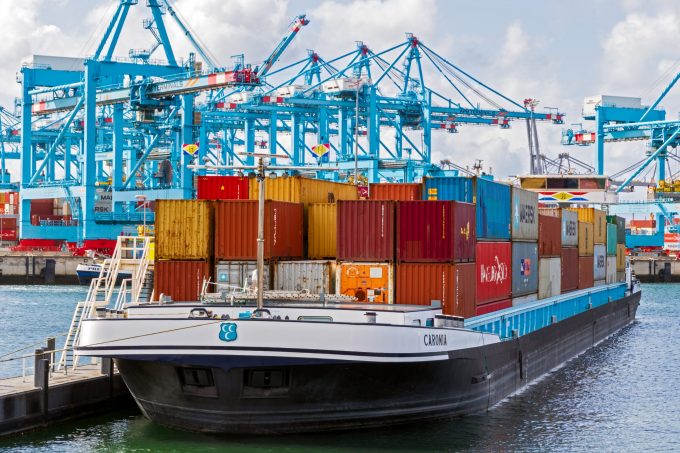LA/LB and Tanjung Pelepas celebrate as 2024 port 'winners and losers' revealed
**EDITED AT 14:00 BST 02/04/25 TO INCLUDE QUOTE FROM ANTWERP-BRUGES** Last year’s port throughput “winners and ...

Congestion along northern Europe’s inland waterways is proving erratic as we enter the third week of 2022, with bright spots possibly a “mirage”.
Contargo has recorded two successive weeks of declining wait times – a December high of 75 hours now down to 56 hours – ...

Comment on this article